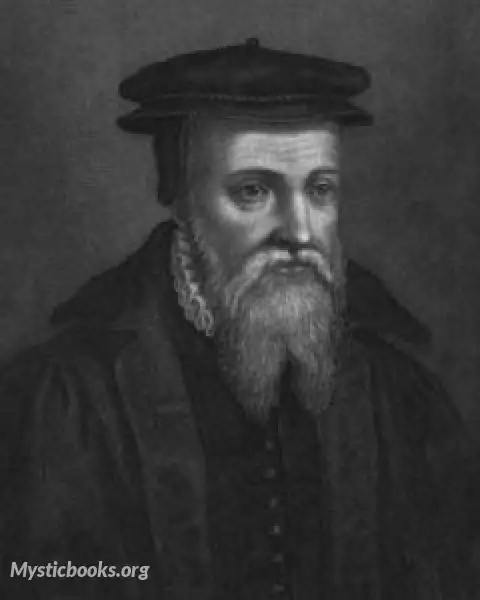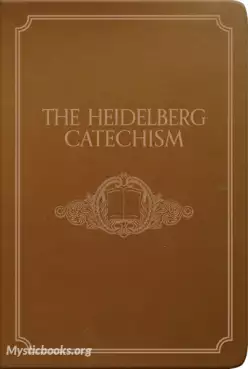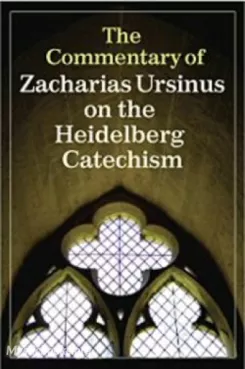
Timeline
Title
Country/Nationality
Zacharias Ursinus
Zacharias Ursinus was a sixteenth-century German Reformed theologian and Protestant reformer, born Zacharias Baer in Breslau (now Wrocław, Poland). He became the leading theologian of the Reformed Protestant movement of the Palatinate, serving both at the University of Heidelberg and the College of Wisdom (Collegium Sapientiae). He is best known as the principal author and interpreter of the Heidelberg Catechism.
At age fifteen he enrolled at the University of Wittenberg, boarding for the next seven years with Philipp Melanchthon, the erudite successor of Martin Luther. Like many young scholars of that era he gave himself a Latin name, in his case one that was based on his German name, Baer, stemming from Latin ursus, meaning bear. Melanchthon admired young Ursinus for his intellectual gifts and his spiritual maturity, commending him to mentors throughout Europe. He was a lifelong protégé of the prominent imperial physician Johannes Crato von Krafftheim, who likewise hailed from Wrocław. Subsequently, Ursinus studied under Reformation scholars at Strasbourg, Basel, Lausanne, and Geneva. Sojourns in Lyon and Orléans gave him expertise in Hebrew, as well as studying under Jean Mercier in Paris. Returning to Wrocław he published a pamphlet on the sacraments, which aroused the ire of Lutherans who charged him with being more Reformed than Lutheran. The Wrocław opponents’ vitriolic reaction succeeded in driving him out of the city to Zürich, where he became friends with Zwingli's successor Heinrich Bullinger and the Italian Reformer Peter Martyr Vermigli.
Books by Zacharias Ursinus

The Heidelberg Catechism
The Heidelberg Catechism, one of the Three Forms of Unity, is a Protestant confessional document taking the form of a series of questions and answers, for use in teaching Calvinist Christian doctrine. It was published in 1563 in Heidelberg, present-d...

Commentary on the Heidelberg Catechism
Dive into the depths of Reformed theology and unravel the mysteries of faith with "Commentary on the Heidelberg Catechism" by Zacharias Ursinus. Embark on a journey that explores the timeless questions of life, salvation, and spirituality through the...